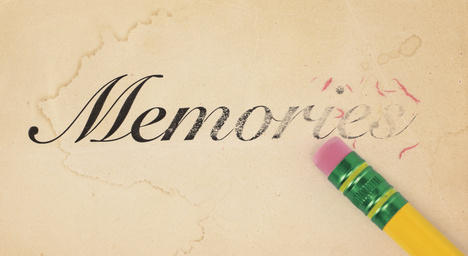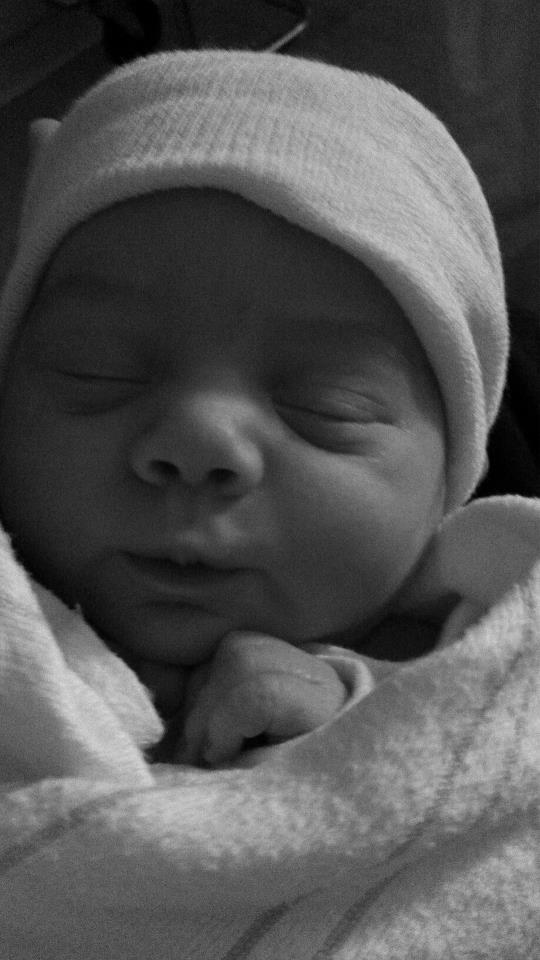An article in The Huffington Post asks an important question: Are we raising a generation of helpless kids? It would be wrong to paint every parent with one broad brushstroke, but we can’t deny there’s a problem.
Mood music:
http://youtu.be/VrZ4sMRYimw
The HuffPo article begins with the story of a college freshman who dissolves into a puddle of mush after getting a C- on her first exam:
Sobbing, she texted her mother who called back, demanding to talk to the professor immediately (he, of course, declined). Another mother accompanied her child on a job interview, then wondered why he didn’t get the job.
Tim Elmore, founder and president of the nonprofit Growing Leaders and author of the Habitudes series of books, explained the roots of the problem to the writer:
Gen Y (and iY) kids born between 1984 and 2002 have grown up in an age of instant gratification. iPhones, iPads, instant messaging and immediate access to data is at their fingertips. … Their grades in school are often negotiated by parents rather than earned and they are praised for accomplishing little. They have hundreds of Facebook and Twitter “friends,” but often few real connections.
Parents of my generation and older will tell you how we grew up playing in the street unsupervised and learned self-reliance. That’s certainly true for me. I spent my teen years hanging out with friends under a neighborhood bridge and on Revere Beach. My father worked all the time, and I spent many days at home on my own.
Yet it’s our generation that’s hovering over our kids, trying desperately to never let anything bad happen to them. We fill their days with scheduled activities, and yes, some of us fight with teachers over grades.
Elmore suggests this kind of parenting is rooted in the fall of 1982, when seven people died after taking extra-strength Tylenol laced with poison after it left the factory. Halloween was just around the corner, and parents began checking every item in the trick-or-treat bags. From there, an obsession with child security grew.
Fast-forward to Easter 2012, when organizers of an annual Easter egg hunt attended by hundreds of children canceled that year’s event because aggressive parents swarmed into the tiny park the year before, determined that their kids get an egg.
It’s an example of how the concept of keeping kids safe expanded to include shielding them from hurt feelings.
I’m not immune to this stuff. As a parent, I feel horrific when Erin and I have to punish the kids. I hate seeing them cry. I’d be lying if I denied being overprotective at times.
But we’re also determined not to raise helpless kids.
Our kids have responsibilities. They earn allowance for chores, just as we did as kids. If they mouth off, they lose privileges, such as screen time. They fold laundry and scrub the bathrooms. Being in Boy Scouts has helped them. Boy Scouts is all about learning self-reliance.
Does that mean as parents we’ve bucked the modern trend? I don’t know. I only know that we’re trying to.



